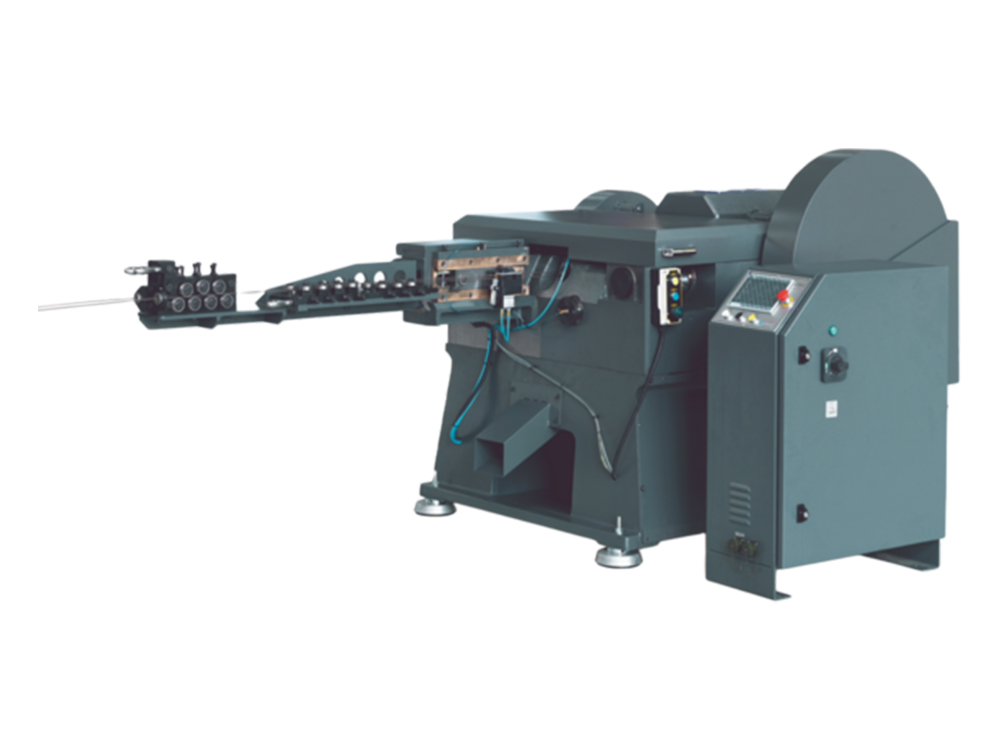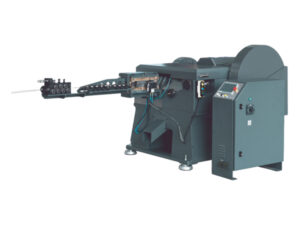Embracing eco-friendly plumbing solutions can profoundly impact your home, environment, and finances. While integrating these solutions might initially seem daunting, understanding their benefits and how to implement them can make the transition seamless. Hiring experienced plumbers can simplify this transition by ensuring that installations and upgrades are done correctly. From innovative water-saving devices to sustainable materials, this guide offers a comprehensive look into the aspects of eco-friendly plumbing that every homeowner should consider. With practical tips and insights, you can take significant steps towards a more sustainable and cost-effective plumbing system in your home.
The Benefits of Eco-Friendly Plumbing
Eco-friendly plumbing reduces water consumption, lowers energy bills, and benefits the environment. Installing low-flow fixtures and adopting water-efficient technologies can lead to financial incentives from local governments. For example, if you need assistance upgrading your plumbing system, consider contacting a professional plumber specializing in eco-friendly solutions. A plumber can provide expert advice and ensure your installations meet the highest efficiency and sustainability standards. Additionally, eco-friendly plumbing systems often require less maintenance, reducing long-term costs and extending the lifespan of your plumbing infrastructure. By choosing sustainable plumbing options, you also contribute to the conservation of natural resources, helping to protect ecosystems and biodiversity. Implementing green plumbing practices can enhance the value of your property, making it more appealing to environmentally conscious buyers in the future.
Innovative Eco-Friendly Plumbing Solutions
Several innovative plumbing solutions are designed to be environmentally friendly. Low-flow fixtures, rainwater harvesting systems, and greywater recycling systems are examples. According to the EPA’s WaterSense program, these technologies can significantly reduce water usage. Rainwater harvesting systems, for instance, gather and hold rainwater for irrigation and toilet flushing, among other non-potable applications. By doing this, tap water is saved, and the strain on municipal water sources is lessened.
In contrast, greywater recycling systems recycle water from showers, sinks, and laundry for irrigation and other non-drinking applications. By recycling their used water, households may contribute to a more sustainable lifestyle. As more households realize the value of sustainable living and want to lessen their environmental impact, these systems are gaining popularity.
Water-Saving Tips for Your Home
Simple water-saving practices can significantly impact your household’s overall water consumption. Fixing leaks promptly, using water-efficient showerheads and faucets, and being mindful of water use can all contribute to substantial savings. Additionally, consider installing dual-flush toilets, which allow for varying water per flush and reduce water use. Small behavioral changes, such as turning off the tap while brushing your teeth or taking shorter showers, can also add to significant water savings over time.
- Fix leaks immediately to prevent water wastage.
- Install water-efficient fixtures such as showerheads and faucets.
- Use dual-flush toilets for versatile water usage.
- Opt for shorter showers to conserve water.
These simple adjustments will reduce your household’s water usage and lower your water bills. Moreover, conserving water helps protect local water resources and ensures their availability for future generations.
Energy-Efficient Plumbing Fixtures
Energy-efficient plumbing fixtures like tankless and solar water heaters can significantly reduce your home’s energy usage. These fixtures help conserve energy and lead to lower utility bills over time. Tankless water heaters, for instance, only heat water on demand, thus eliminating the energy waste associated with traditional water heaters. Unlike conventional water heaters that continuously heat a large tank of water, tankless models provide hot water only when needed, making them more energy-efficient. Solar water heaters utilize renewable energy from the sun, making them an excellent choice for eco-conscious homeowners. These systems can significantly reduce or eliminate the need for conventional water heating methods, which often rely on fossil fuels. By harnessing solar power, homeowners can reduce their carbon footprint and contribute to a cleaner environment.
Sustainable Plumbing Materials
In the plumbing sector, sustainable materials are gaining popularity. Compared to conventional materials, low-VOC sealants and PEX pipes are more environmentally friendly and long-lasting. For example, PEX pipe is flexible, resistant to chlorine and scale, and can withstand cold temperatures without breaking. It is the material of choice for many eco-friendly plumbing projects because of its long lifespan and simplicity of installation. Low-VOC sealants help improve indoor air quality by lowering the release of volatile organic compounds (VOCs). Conventional sealants frequently cause indoor air quality and human health to suffer by releasing dangerous chemicals into the atmosphere. By choosing low-VOC options, homeowners may lessen their environmental impact and create a better living environment.
Understanding Local Regulations and Incentives
Installing eco-friendly plumbing systems can result in rebates and incentives from several local governments. Understanding local legislation regarding plumbing renovations can ensure compliance with current standards and requirements. Tax credits, water-efficient appliance refunds, or grants for eco-friendly home upgrades are some potential incentives. To recoup early expenses, it is imperative to investigate and seize these chances. Look into the incentives and rebates that are offered in your region. Verify adherence to regional plumbing laws and ordinances. Seek expert advice to optimize the advantages of incentives. You can maximize the resources and assistance available for your eco-friendly plumbing projects by keeping up with local laws and incentives. This will make the switch to sustainable techniques more accessible and reasonably priced.
Future Trends in Eco-Friendly Plumbing
The future of eco-friendly plumbing looks promising. Advancements in technology are leading to even more efficient and sustainable solutions. Innovations such as intelligent water monitoring systems, which detect leaks and optimize water usage in real time, are set to revolutionize the industry. These systems provide homeowners with valuable insights into their water usage patterns, allowing them to make informed decisions about conservation and efficiency.
Further developments in greywater recycling will also provide more sustainable ways to reuse water within homes and commercial buildings. As these technologies become more widespread, they will be crucial in reducing overall water consumption and promoting sustainable water management practices. These trends highlight a growing commitment to sustainability in the plumbing sector. As more homeowners and businesses adopt eco-friendly practices, the industry will continue to evolve, offering new and improved solutions for a sustainable future.

















